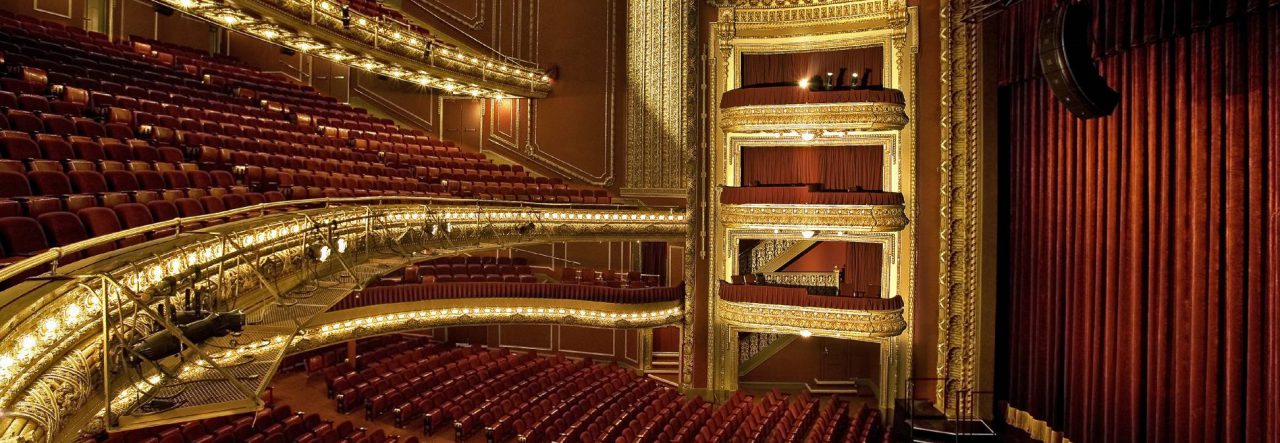A 40-piece orchestra – one of the largest ever to play on Broadway – is the real star of this revival of Andrew Lloyd Webber’s Sunset Boulevard. The score isn’t Webber’s absolute best; it’s very uneven, with passages that sound a little too close to numbers from other (frankly, better) musicals. The best moments, however, are among the best things Webber ever wrote, and hearing those lushly rendered by that enormous ensemble really is a treat.
Glenn Close is reprising the role of faded silent film star Norma Desmond (played by Gloria Swanson in the 1950 Billy Wilder movie), for which Close won a Tony in 1995. Now as then, her performance is a triumph of acting and vocal interpretation. Close’s voice has never been the most powerful musical instrument, but she is canny about musical phrasing. Place this at the disposal of her ferocious acting instincts, and the results are rarely less than totally compelling.
I’m still not convinced that Wilder’s noir poison-pen-love-letter to Hollywood needs to be a musical (Wilder himself said it shouldn’t be one). As pleasurable as the lush arrangements and Close’s grand opera scale emoting are, it still feels like they add up to a bit less than the sum of their parts. Director Lonny Price’s minimalist staging doesn’t make any convincing arguments for it either. When something like “With One Look” or “As If We Never Said Goodbye” comes along, though, it’s hard to resist. Recommended.
For tickets, click here.
To learn about Jonathan Warman’s directing work, see jonathanwarman.com.





